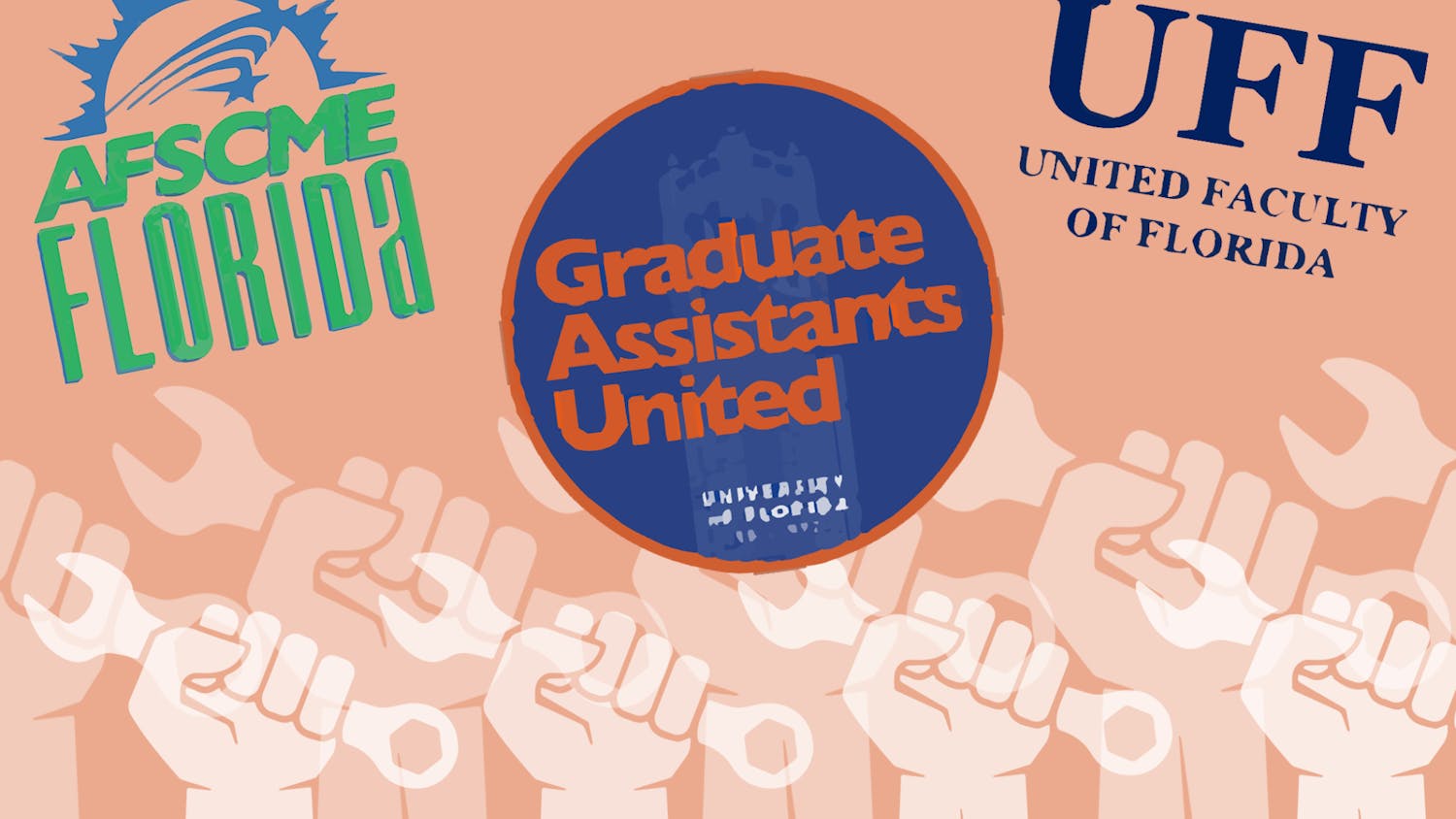In recent months, the college gossip Web site JuicyCampus.com has attracted the ire of students and administrators across the country.
Amid calls to shut the site down, free speech advocates have come to its defense.
But earlier this year, the site gained two new adversaries at UF, and according to a UF law professor, its troubles could just be starting.
After about a dozen students came to him and complained about the site, Student Body President Kevin Reilly sent a letter in June to Florida Attorney General Bill McCollum, urging him to investigate the popular gossip site that allows people to post anonymously. The letter, also signed by Marc Hoit, UF's former chief information officer, states that the site plays host to cyberbullying and raises concerns about public welfare and safety.
"It is not uncommon for posts on Juicy Campus to mention students by name and discuss their sexual histories, their sexual orientation and even speculate as to their HIV status," the letter stated.
Reilly said he doesn't necessarily want the site to be shut down, but he wants McCollum to see if the site is obeying the law and to possibly find a way to give students more options when dealing with the site's harmful content.
"All I'm trying to do is protect the privacy and protect the rights of students," he said. "How we go about doing that, I don't necessarily have the answer."
Reilly said posts about him on the site don't bother him.
"When you're in public office … you gotta grow a tough skin," he said.
In a July interview, Sandi Copes, McCollum's press secretary, said McCollum started looking into the site before he received Reilly and Hoit's letter, which is the only complaint about the site his office has received.
Copes said the attorney general's office is particularly concerned about breaches of medical privacy and public safety that could be on the site.
Copes said one concern is that a person's address will be posted on the site, and people will show up to that address, which happened in one reported case.
McCollum is not the only attorney general looking into the site.
The attorneys general in New Jersey and Connecticut have each launched investigations into how the site operates.
In both those states, officials are trying to determine if Juicy Campus has committed consumer fraud by not adhering to its own terms and conditions.
The site responded to e-mailed questions with the following statement: "Juicy Campus is very confident that it has not violated any laws."
Lyrissa Lidsky, a UF law professor, said there is little the attorneys general can do about the site.
They get involved because "it's a great public relations move" for them, Lidsky said.
Despite sometimes racy content, Juicy Campus is protected by a federal law that prevents Web sites from being held liable for content posted by others, she said.
But that doesn't mean people who post under the assumption of anonymity can't face consequences for their comments.
Even though its motto is "Always anonymous … Always Juicy … ," the site claims on its FAQ page that it will help trace an individual if ordered to by a court.
This happened on two occasions in the past year when college students were arrested after allegedly making posts in which they threatened to go on school shooting sprees.
Connor Diemand-Yauman, Class of 2010 president at Princeton University, created the 900-member Facebook group "Boycott JuicyCampus.com!"
Diemand-Yauman said he found out about the site when one of his friends was "attacked" on it.
He said he was shocked that a site like that existed, but he decided to do something positive in response.
A few months ago, he created Own What You Think, a campaign aimed at fighting what he calls a "culture of gossip."
The campaign included an online petition, posters, T-shirts printed with the phrase "anonymity = cowardice," and a "Love Wall," a 14-feet-by-10-feet screen stationed on campus that displayed positive comments about fellow students.
Marc J. Randazza, an adjunct law professor at Barry University Law School and an attorney who deals with free speech issues, said he is OK with people who want to boycott the site, but he finds it disturbing when people want the government to get involved.
For this reason, Randazza, a UF alumnus, said he thinks the letter sent by Reilly and Hoit was misguided.
He compared attempts to regulate the site to attempts to regulate phone conversations.
"Could you imagine if, in the early days of the telephone, if the telephone company was told, 'We want you to make sure that nobody's committing defamation or conspiracy over these lines?'"
He said if people are mad about a comment, they should go after the person who posted it, not the person who provided the forum in which it was posted.
Lidsky said even though the site is not doing the defaming, it still runs the risk of being sued out of business.
The site's operators should be afraid, she said.
"I do think that if Juicy Campus is sued for defamation by private individuals who are defamed by things on the site that eventually enough lawsuits will cause it to shut down," she said.
Dana Perrone, a UF biochemistry junior, said she would love for the site to shut down.
"Someone just needs to completely destroy the site. It's not right," Perrone said. "If this is what free speech is, then that's really sad."
Other students, like Stephen Ebel, a University of South Florida graduate student, think people are making a big deal out of nothing.
Ebel said many of the comments are stupid and disgusting, but he feels that people should be allowed to say what they think.
"Juicy Campus, in all of its vileness, it's free speech and, you know, that's beautiful," he said.





